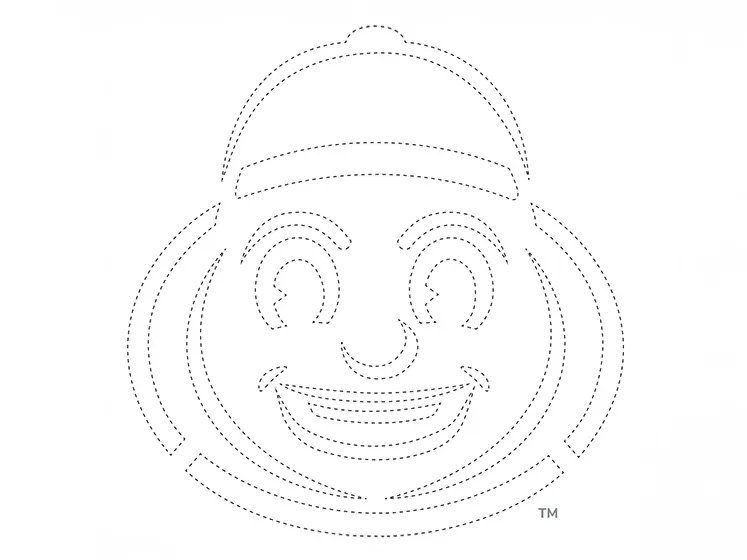Simple solutions for a great night’s sleep
Many Americans aren’t getting enough sleep, and the health consequences are serious. Good news: Getting more shuteye is free and easy, and you can start tonight.

(Photo from Getty Images)
Insufficient sleep is a public health epidemic, the Centers for Disease Control and Prevention report. As many as 70 million Americans have sleep problems, such as difficulty falling asleep or staying asleep.
Every night when you go to sleep, your brain goes to work. During sleep, cerebral spinal fluid cleanses the brain’s blood vessels of waste. Activity in pathways in the brain linked to learning increase, and special genes responsible for restoration and memory turn on. Only during the deepest phases of sleep do long-burst brainwaves or “delta waves” occur. These have been shown to be tied to memory integration and regeneration.
Far from being the “waste of time” that Thomas Edison claimed it was, “Sleep may actually be an elegant design solution to some of the brain’s basic needs,” says neuroscientist Jeff Iliff. He explains the brain’s need for daily sleep this way: “If you didn’t clean your kitchen for a month, your whole house would be in trouble fast!”
There’s plenty of evidence to show that our bodies benefit from sleep too, and that a chronic lack of sleep increases your risk of chronic diseases, such as diabetes, cardiovascular disease, obesity, and infections. Yet, in today’s 24/7 world, most of us aren’t getting enough sleep. While adults need a minimum of 7 to 8 hours of sleep, it is estimated that adults today sleep 1.5 to 2 hours less than that every night.
Don’t miss out on the benefits of this natural, valuable, free health resource. There are many ways to improve your sleep, including:
Stay on schedule. The National Sleep Foundation recommends sticking to a sleep schedule. Go to bed and wake up at the same time on weekends as during the week to keep your circadian rhythms regulated.
Curb caffeine at least 6 hours before going to bed. You probably know not to drink a cup of coffee before going to bed, but did you know other foods like chocolate have caffeine in them, too? Many soft drinks and dietary supplements are high in caffeine, so it’s important to read the nutrition facts label of anything you eat or drink. Other substances that might keep you awake include ginseng, found in many herbal teas. Try substituting water with lemon instead of a caffeinated beverage.
Eat a smaller dinner. Eating your largest meals at breakfast and lunch may enhance your sleep, and could also help you to shed a few pounds.
Avoid alcohol for at least two hours before bed. Alcohol in the evening may help you to feel sleepy, but you probably won’t sleep as well and will wake up feeling tired. Alcohol is a sedative that suppresses rapid eye movement (REM) sleep, a phase where dreaming occurs. Less REM sleep is related to more night wakings and restless sleep. Alcohol can also block deep “delta wave” sleep and its benefits.
Keep your bedroom at a comfortable temperature. The best for sleep is between 60 and 67 degrees Fahrenheit.
Exercise regularly. Shoot for at least 150 minutes per week, but avoid working up a sweat within three hours before bed.
Check your room for allergens. Clogged or inflamed nasal passages caused by allergies can lead to snoring, and, consequently, lighter, less effective sleep for you (and anyone next to you). Some people are allergic to bedding, such as wool blankets or feather pillows. Others may react to pets in the room, dust, or seasonal pollen. Hypoallergenic linens and regularly vacuuming the bedroom could be your ticket to better sleep.
Avoid blue light at night. While reading can help you relax and fall asleep, evidence shows that blue light, the sort of light emitted by our computer screens, phones and fluorescent lights, suppresses melatonin, and that’s bad for sleep. One study compared the effects of reading on a light-emitting device and a printed book. Those reading on the light-emitting device took longer to fall asleep, had less REM sleep, and had a harder time waking up in the morning. It’s really better to reach for a paper book or magazine when you want to read in bed. It’s also a good idea to block artificial light from electronic devices like chargers and power strips.
Try white noise. White noise machines or relaxation videos block ambient noise and can help you to fall asleep.
Check your medicines. Many over-the-counter drugs for colds and allergies interfere with sleep, as do many prescribed medications. Read your medication labels carefully and ask your health care provider if a medication could be taken at another time of day.
Looking for more advice (and better sleep)?
The National Institutes of Health’s free downloadable publication Your Guide to Healthy Sleep has even more great tips.



